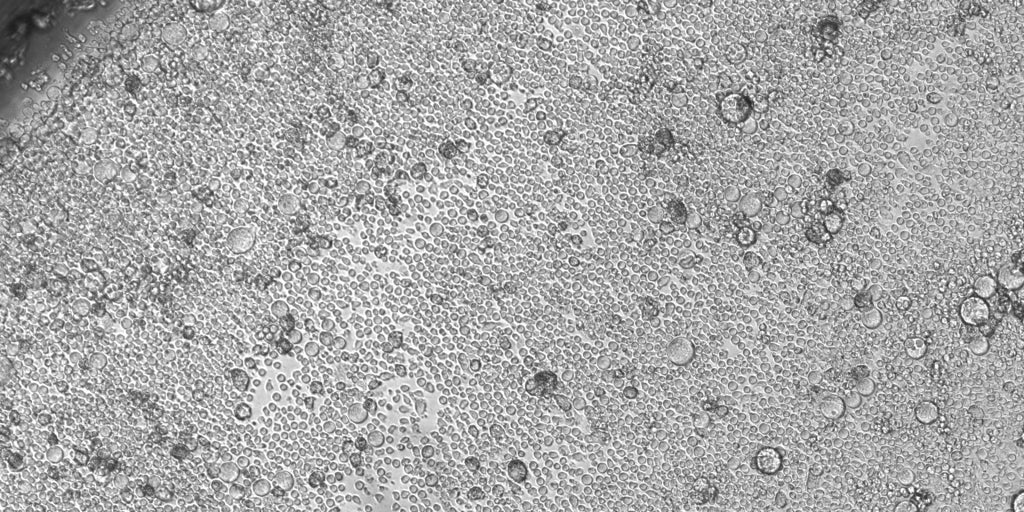The University of Navarra Clinic becomes a European cancer reference center

The University of Navarra Cancer Center (CCUN) has become the second Spanish hospital, after the Vall d'Hebron Institute of Oncology (VHIO) at Vall d'Hebron Hospital in Barcelona, and the first private hospital, to achieve accreditation from the Organization of European Cancer Institutes (OECI) as a comprehensive cancer center, following an evaluation of the quality of its healthcare, research, and teaching activities.
The CCUN will receive its accreditation certificate in Athens during the OECI annual meeting in the second week of June. The University of Navarra's cancer center, with campuses in Pamplona and Madrid, thus joins the group of 40 leading European centers in comprehensive cancer care .
The CCUN's accreditation puts it five years ahead of the guidelines of the European Plan to Beat Cancer , which aims to promote comprehensive cancer centers—and collaborative networks between them—by 2030, in order to offer high-quality cancer care to the majority of European patients.
Unlike a traditional hospital, a cancer center pivots on the work of interdisciplinary departments, defined by the different tumors, to provide the most personalized care for each patient. "A team of physicians from different specialties and nurses with expertise in oncology work on each case, assessing the diagnosis, agreeing on the best available treatment for each patient, and monitoring the outcome of the therapies. Now, OECI accreditation certifies that quality plans exist to guarantee this comprehensive and personalized oncological care," explains Dr. Antonio González, director of the CCUN.
The expert emphasizes that " clinical research is key in a cancer center, and specifically, offering therapeutic alternatives with clinical trials, especially in the early stages of development," adding that care "goes beyond medical care: we offer comprehensive support with the participation of other areas, such as the support and symptom control team, psycho-oncology, nutrition, rehabilitation, and social guidance, because cancer affects all spheres of life and a cancer center must respond to all needs."
Dr. González believes that the accreditation of the CCUN in Pamplona and Madrid "is excellent news, also for Spanish medicine and oncology, because it confirms the high level of oncology in our healthcare system . The path initiated by the VHIO and now by the CCUN will serve as a stimulus for the accreditation of other Spanish centers."
"Over the next five years, we face the challenge of strengthening collaborative ties between comprehensive cancer centers in our country and those already existing in Europe. This collaboration will enhance the capabilities of each center and allow us to offer patients the best care," concludes Dr. González.
Along with the healthcare work of its 14 interdisciplinary areas, the CCUN's accreditation has been made possible by the integration of translational and preclinical research developed at the Clinic and by the programs and groups integrated into the Cancer Division of Cima, University of Navarra. Furthermore, recognition as a comprehensive cancer center includes its relationship with the University of Navarra, which allows for the development of training programs for clinical specialists and biomedical researchers.
abc





